What is a residential water treatment system? What are its aliases?
In modern life, water treatment systems have become an important facility in family homes, especially in areas where water quality may be contaminated. A residential water treatment system refers to a set of equipment and devices installed inside the home to purify, filter and improve the quality of tap water. Its main function is to remove impurities, chemical contaminants, microorganisms and other harmful substances that may affect health from water to ensure the safety and quality of household water.
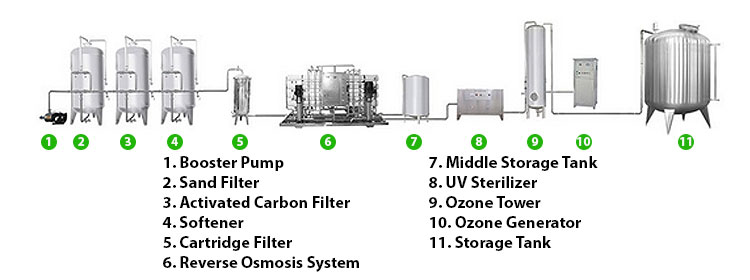
What is a residential water treatment system?
A residential water treatment system is a treatment device designed specifically for household water, designed to improve water quality and make it suitable for drinking, cooking, bathing and other daily uses. The system usually includes filters, water softeners, reverse osmosis devices and other equipment for removing or reducing contaminants in water.
This system is designed with the specific needs of home users in mind, so it is more compact and integrated than industrial water treatment systems, and is relatively simple to install, operate and maintain. A residential water treatment system can process water input from a water source to ensure that every drop of water entering the home has been strictly treated to meet safety standards.
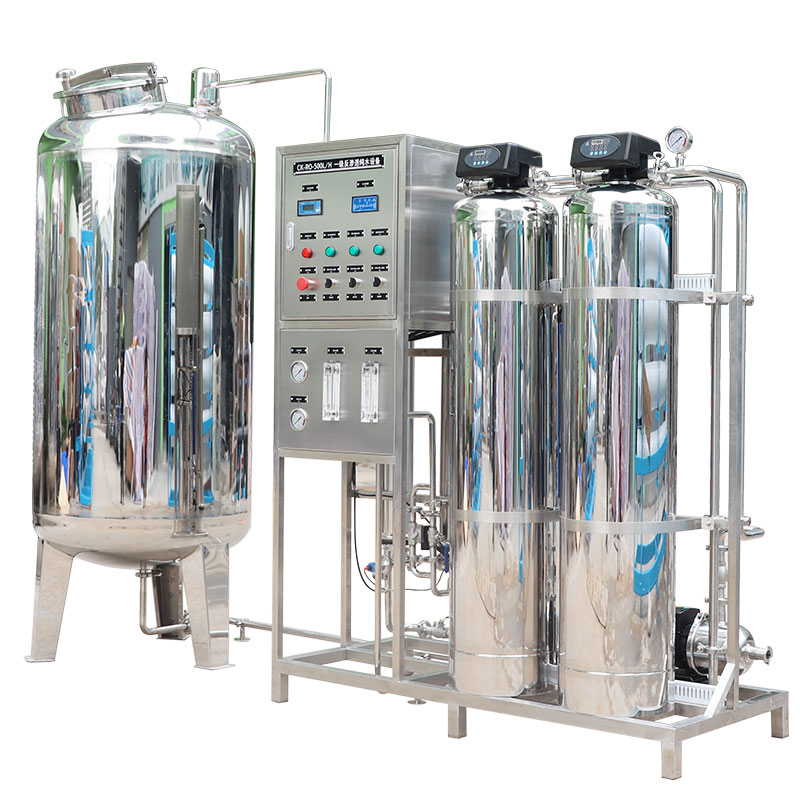
What else is a residential water treatment system called?
In different regions and occasions, residential water treatment systems are sometimes called other names. These names are usually based on their functions or installation locations. Here are a few common aliases:
1. Home Water Purifier: This is one of the most commonly used names, emphasizing the purification function of the system, that is, removing pollutants in the water through physical, chemical or biological means to achieve the purification effect.
2. Whole House Water Treatment System: This name highlights the coverage of the system, indicating that it can treat all water used in the home, including drinking water, bathing water, laundry water, etc., to ensure that the water quality of the whole house is improved.
3. Home Water Filtration System: This name emphasizes the filtration process more, that is, removing impurities such as particulate matter and microorganisms in the water through the filter medium to improve the water quality.
4. Home Water Softening System: This name is mainly used for systems that contain water softeners, which specifically treat calcium and magnesium ions in hard water to prevent scale formation.
5. Home Reverse Osmosis System: When reverse osmosis technology is included in the system, it is sometimes called a home reverse osmosis system, highlighting its ability to remove dissolved solids from water using high-efficiency membrane technology.
What are the main components of a residential water treatment system?
A complete residential water treatment system usually includes multiple components, each of which is responsible for a specific treatment task to ensure that the water quality meets the standards for home use. The following are the main components of a residential water treatment system:
Pre-filter:
The pre-filter is the first line of defense in the water treatment system and is usually used to remove larger particles such as sand, dirt and rust. If these particles are not filtered out, they may clog subsequent treatment devices and affect the efficiency and life of the system.
Activated Carbon Filter:
The activated carbon filter is a very critical part of the residential water treatment system. It uses the adsorption capacity of activated carbon to remove chlorine, volatile organic compounds (VOCs), odor, color and some harmful chemicals from the water. Activated carbon filters are particularly effective in improving the taste and smell of water.
Water Softener:
Water softener is mainly used to treat hard water, which contains high concentrations of calcium and magnesium ions, which are easy to form scale in water pipes and household appliances. Water softener replaces calcium and magnesium ions with sodium ions through ion exchange technology, thereby reducing the hardness of water and extending the service life of household water equipment.
Reverse Osmosis System:
The reverse osmosis system is a highly efficient water treatment device that can remove tiny pollutants such as dissolved solids, heavy metals, bacteria and viruses in water through semi-permeable membrane technology. Reverse osmosis systems are usually installed under kitchen sinks to provide high-quality drinking water.
Ultraviolet Sterilizer:
Ultraviolet sterilizer uses ultraviolet light to irradiate water flow to kill bacteria, viruses and other microorganisms in water. It is a very effective disinfection method, especially for those families who need to further ensure the safety of water quality.
Post-filter:
After the entire water treatment process is completed, the water may pass through a post-filter to further remove residual tiny impurities and ensure that the output water is in the best condition.
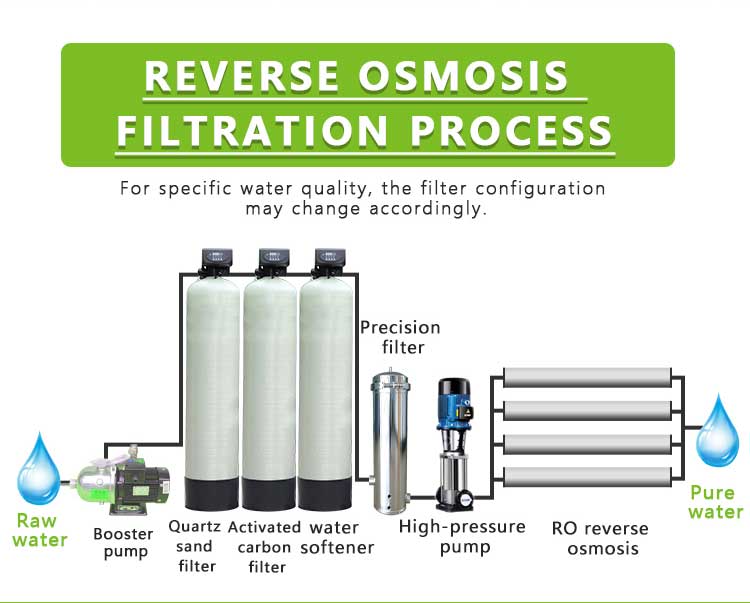
How do residential water treatment systems work?
Residential water treatment systems typically perform a series of treatment steps in sequence to ensure that the water quality is ideal. The water first passes through a pre-filter to remove larger particulate matter such as sand, dirt and rust. This step protects subsequent treatment equipment and prolongs their service life. At this stage, the water passes through multiple filters such as activated carbon filters, water softeners and reverse osmosis systems. Each filter targets different types of contaminants to ensure that impurities, hardness and harmful substances in the water are effectively removed.
If a UV sterilizer is installed in the system, the water will be irradiated with ultraviolet light at this stage to kill microorganisms in the water and ensure the hygiene and safety of the water quality. However, after all the treatment steps, the water may pass through a post-filter for final fine-tuning to remove residual impurities and possible odors, ensuring the output water quality is clear and tasteless.
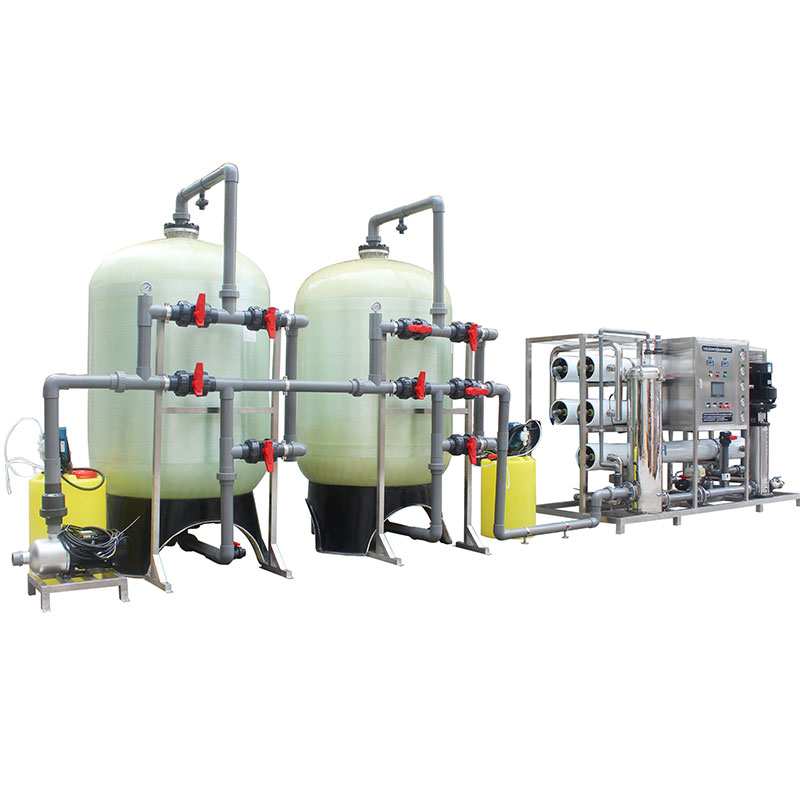
What does a residential water treatment system do?
Residential water treatment systems can significantly improve the quality of household water. Through multi-stage filtration and disinfection, suspended solids, harmful chemicals, heavy metals, microorganisms, etc. in the water are removed to ensure the safety and hygiene of drinking water. Through the water softener and pre-filter, the system can effectively prevent scale and particulate matter from damaging home appliances, extend the service life of the equipment, and reduce the frequency of maintenance and replacement. In addition, the treated water has obvious improvements in taste, odor and appearance, making drinking water more refreshing, bathing water more comfortable, and cleaning effect better.
Although the initial installation and equipment purchase require a certain investment, in the long run, residential water treatment systems can reduce the risk of damage to home appliances, reduce maintenance costs, and reduce the need to purchase bottled water, thereby saving household expenses. Using residential water treatment systems can also reduce dependence on bottled water, thereby reducing the generation of plastic waste and reducing the burden on the environment.
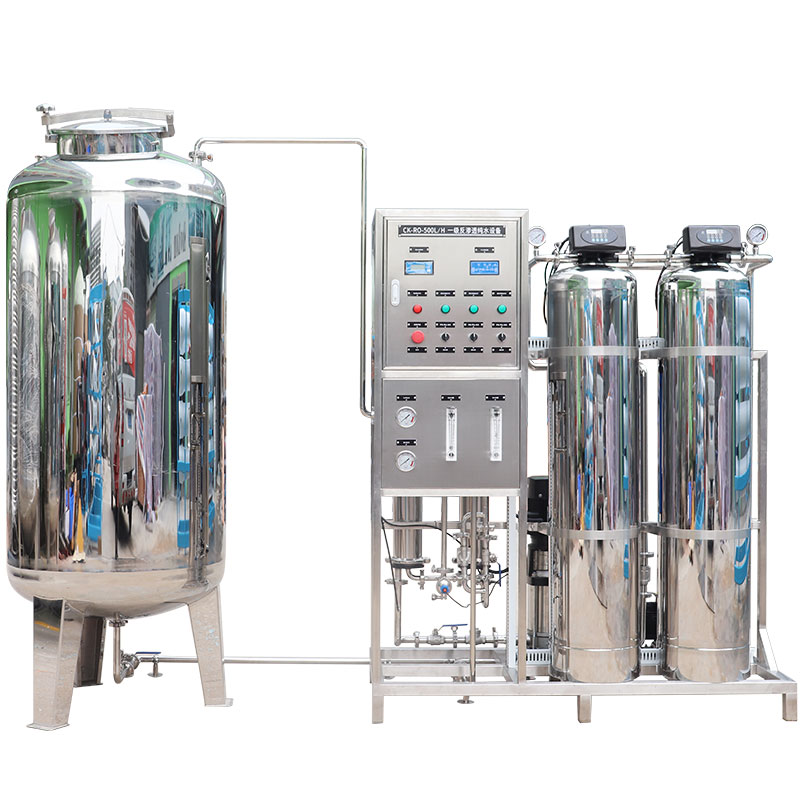
Installation and maintenance of residential water treatment systems
To ensure the effective operation of residential water treatment systems, correct installation and regular maintenance are essential. During installation, professionals are usually required to ensure the correct connection of all components and the normal operation of the system. Maintenance includes regular replacement of filters, checking the status of water softeners, cleaning the inside of the system, and monitoring water quality.
With proper installation and maintenance, residential water treatment systems can operate stably for many years and provide families with high-quality and safe water.






